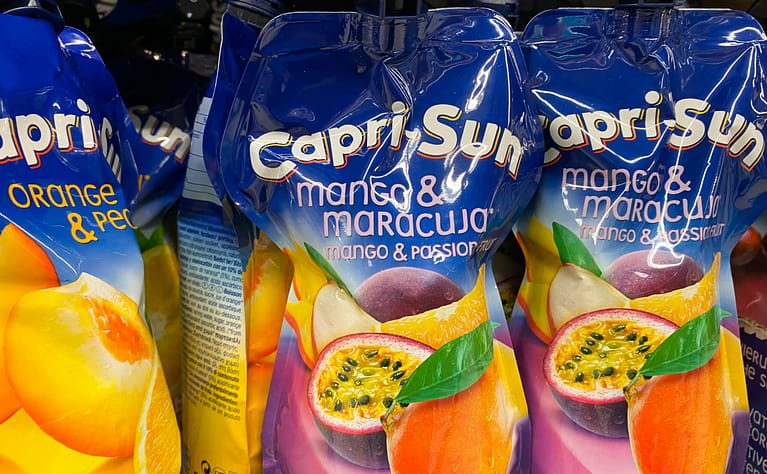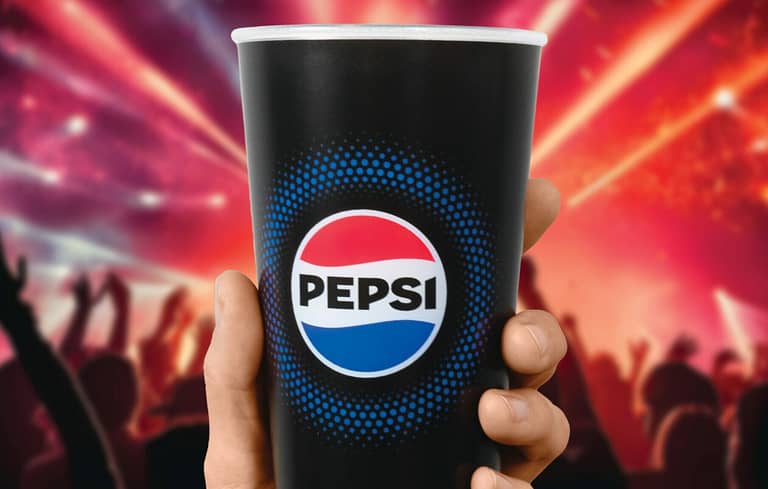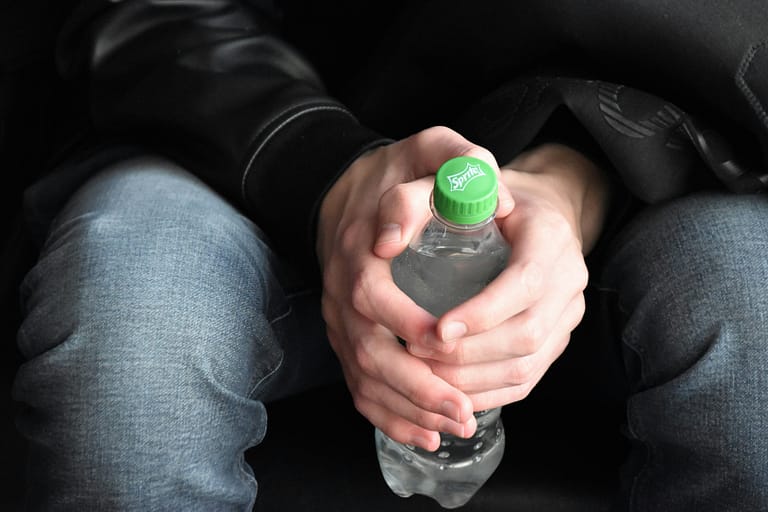Pharma is not an island. Circular economy reaches blister packaging
Thomas Reiner | 26.04.2021
TerraCycle and Sanofi are launching a new initiative to recycle empty blister packaging for medicine. Consumers can drop off packaging at pharmacies. They will then be recycled in a unique recycling process. The circular economy is thus also penetrating the pharmaceutical sector. The solid-sector is pioneering the fundamental shift here.
TerraCycle and biopharmaceutical company Sanofi have launched a new initiative in the UK called “Little Packs, Big Impact” for recycling medical blister packaging. Consumers can drop off empty blister packs free of charge at participating pharmacies. Special packaging is available there, which is collected by TerraCycle. The company recovers reusable raw materials from the blister packaging in a unique recycling process. The initiative includes over-the-counter and prescription medicines. From the Sanofi portfolio, these include Buscopan and Dulcolax, for example.
The initiative is a strong sign that packaging strategies are also beginning to change in the pharmaceutical sector. From market movements in the supplier sector, we can see that issues familiar from the consumer goods industry are also gaining in importance for pharma. These include the use of mono-materials, the replacement of composites and the avoidance of PVC. The solid-sector is taking the lead in efforts to improve the recyclability of pharmaceutical packaging.
The “blister problem”
TerraCycle Europe points out in a statement that blister packs are made of a complex mix of difficult-to-recycle materials. On the one hand, they guarantee the necessary protection of the packaged pharmaceuticals, but on the other hand, they are not accepted by most municipal recycling systems. As a result, they end up in the residual waste bin and – depending on the nation – are either incinerated or landfilled.
Cooperation with pharmacies
In its first year, the project aims to set up 400 drop-off points across the UK. Pharmacies can sign up for the program through the TerraCycle website. Consumers can use an interactive online map to find the nearest pharmacies with collection bins.
Recycling in response to consumer concerns
Sanofi and TerraCycle’s initiative is a response to growing consumer concerns about the environmental impact of plastic waste. At the same time, circular economy and recycling are meeting with growing approval as a solution. A pre-COVID-19 survey found that nearly two-thirds of respondents (64 percent) have become more aware of the importance of recycling in the past year.
Pharma is not a sustainability island.
Many still believe that the pharmaceutical industry is unaffected by the sustainability debate surrounding packaging. We have been doubting this for some time now – as it turns out, with good reason. Quite obviously, the pharmaceutical sector is learning from the behavior of the consumer goods industry. Their volume and market penetration radiates to other sectors. And pharma is not an island. We’ll continue to see rising sustainability initiatives in this segment as well.




